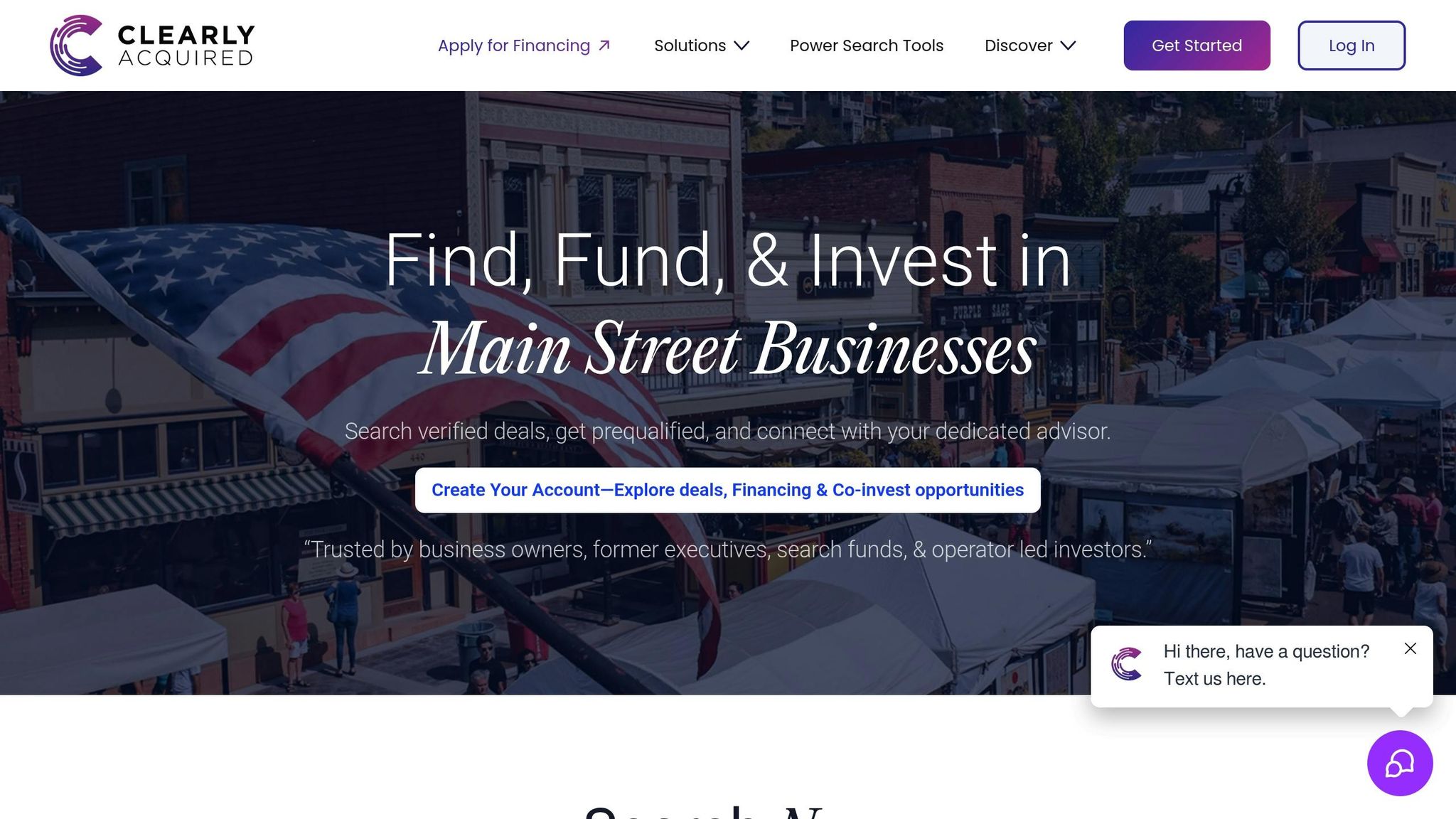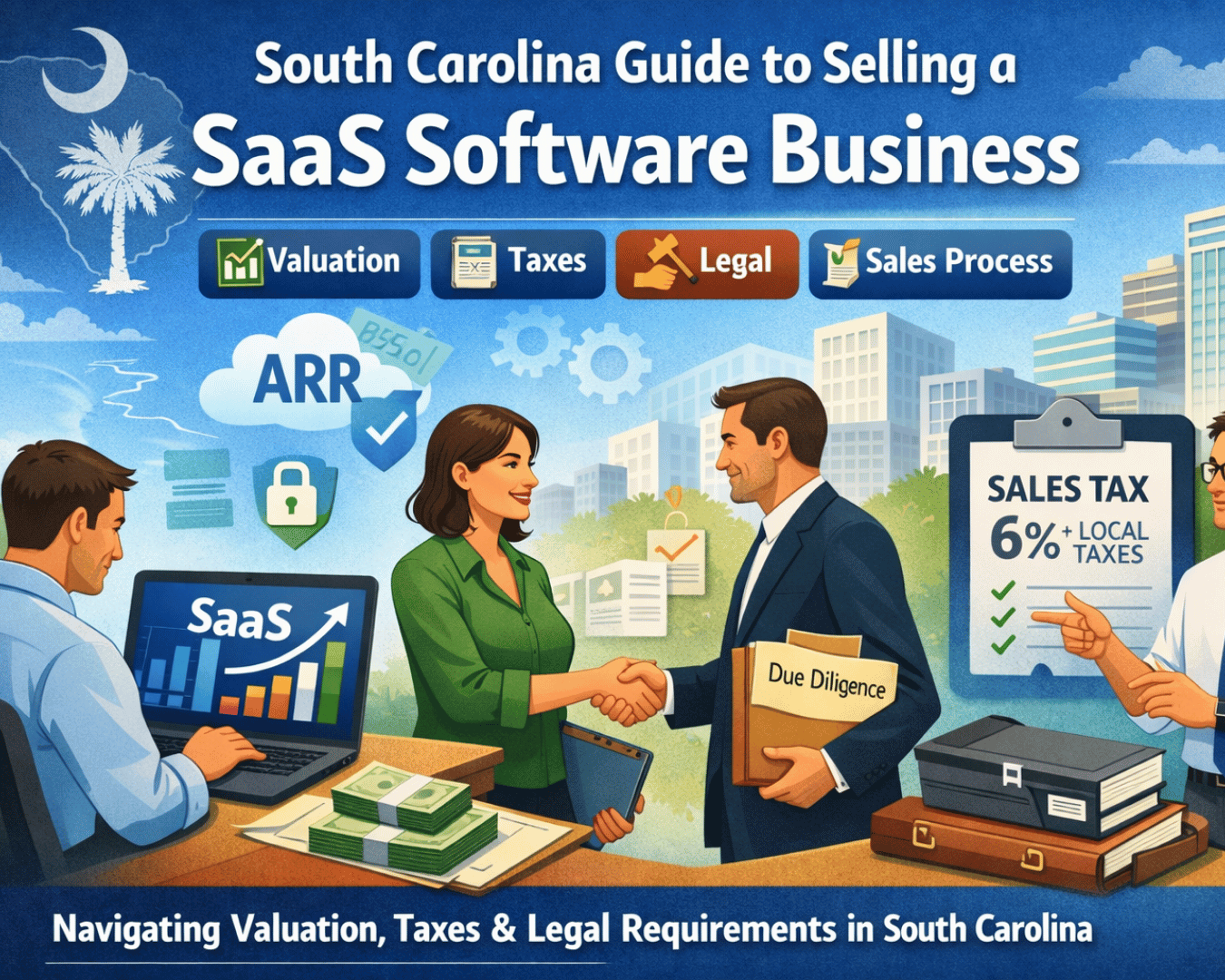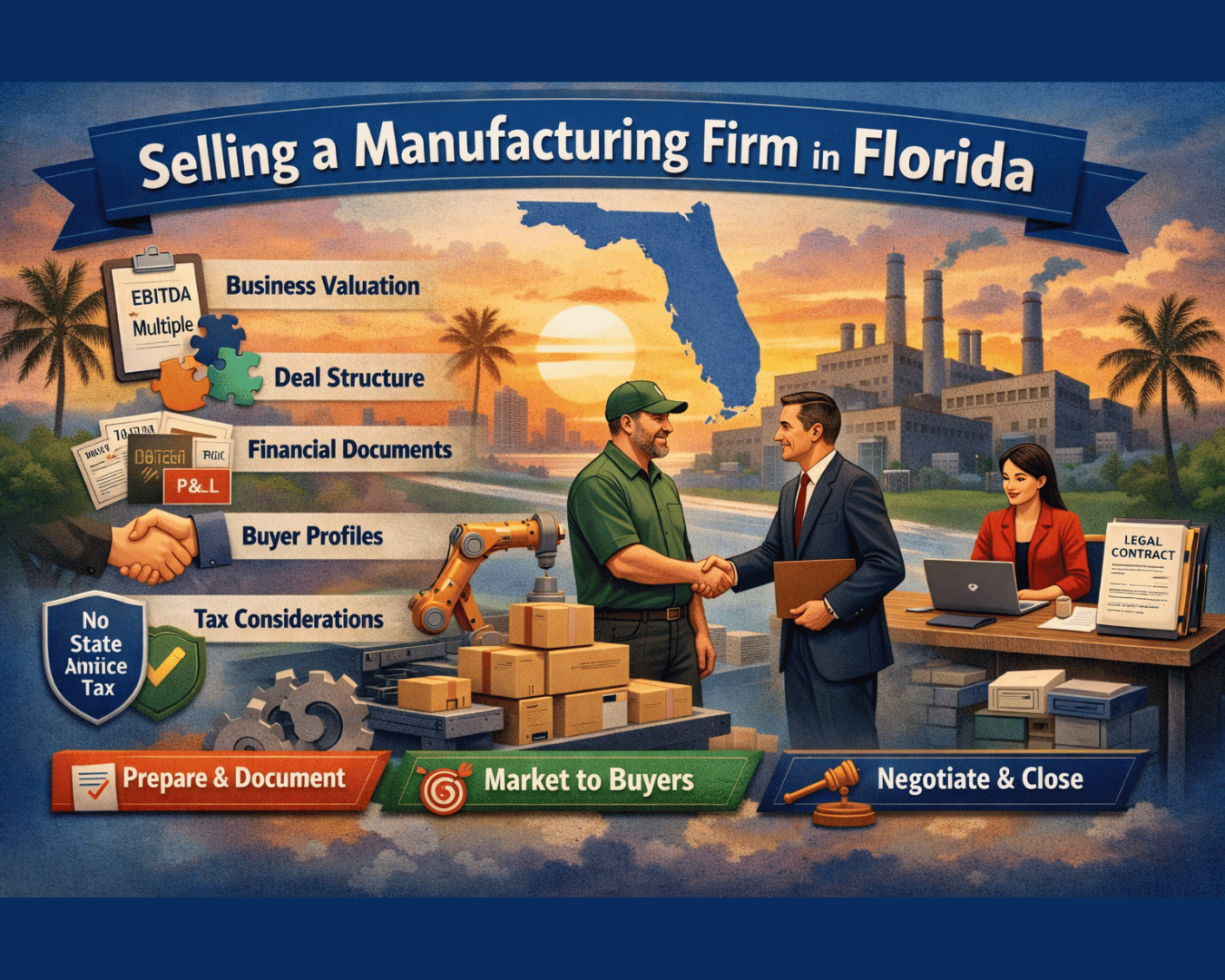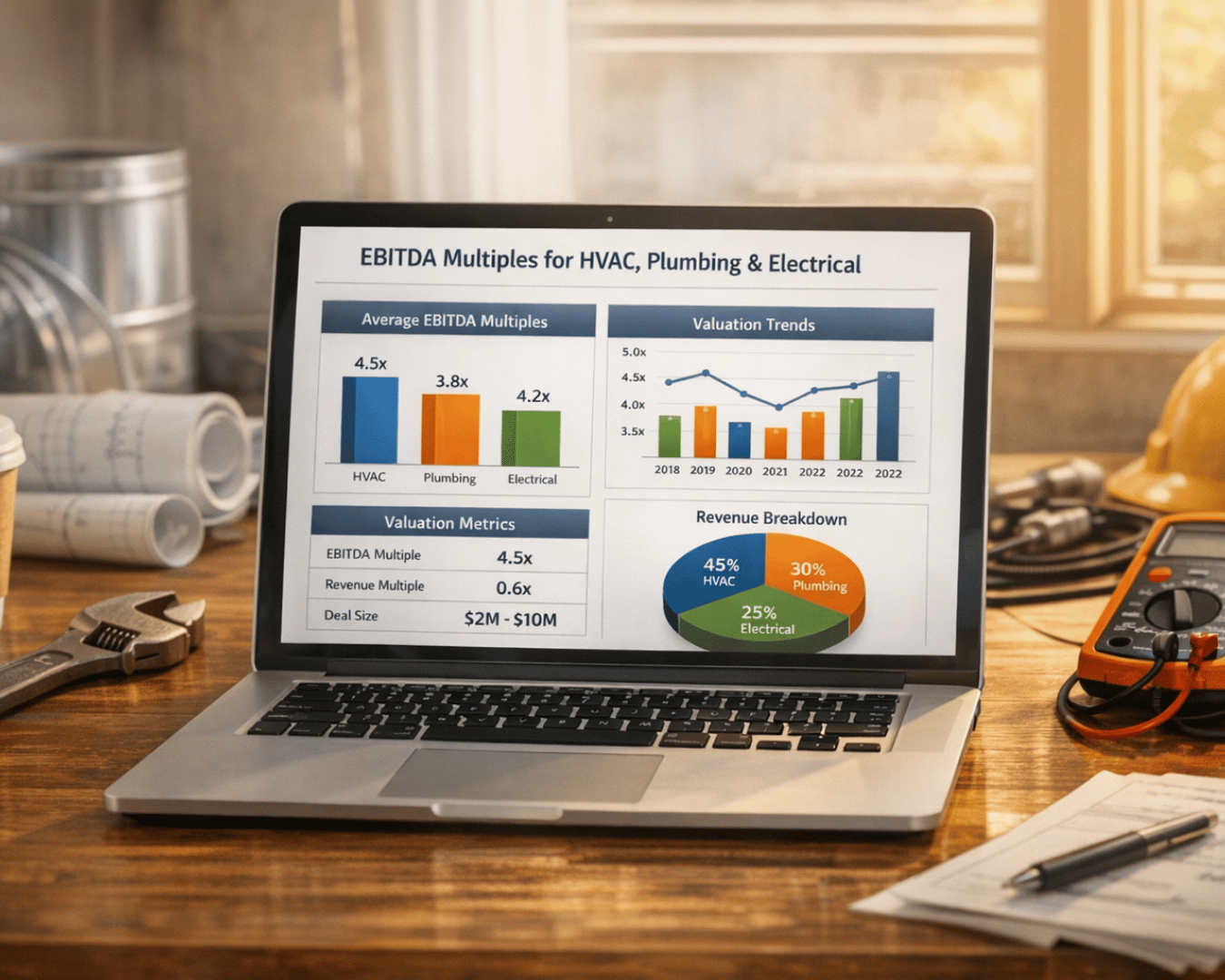For small and medium-sized businesses (SMBs), choosing between private credit and bank loans depends on your specific needs, timeline, and financial situation. Both options provide funding but differ in speed, flexibility, and cost:
- Private Credit: Faster approvals (days), more flexible terms, and accessible for businesses with weaker credit or unique needs. However, it comes with higher interest rates.
- Bank Loans: Lower interest rates and longer repayment terms, but require strong financials and take weeks or months for approval.
Quick Comparison
| Factor | Private Credit | Bank Loans |
|---|---|---|
| Approval Speed | Days | Weeks to months |
| Accessibility | Weaker credit acceptable | Strong financials needed |
| Flexibility | Custom terms | Standardized terms |
| Cost | Higher interest rates | Lower interest rates |
Key takeaway: Private credit is ideal for urgent or specialized needs, while bank loans suit businesses with strong credit and long-term plans.
Private Credit for SMBs
What Is Private Credit
Private credit refers to financing provided by non-bank lenders such as private credit funds, direct lending companies, and specialty finance firms. Unlike traditional bank loans that follow rigid processes, private credit offers more customized terms tailored to fit the unique needs of your business.
Here are the main types of private credit available for small and medium-sized businesses:
- Direct lending: Loans provided directly by private funds or companies, bypassing banks entirely.
- Private credit funds: Investment pools created specifically to lend to SMBs.
- Mezzanine financing: A hybrid of debt and equity, often used for funding growth or acquisitions.
- Asset-based lending: Loans secured by business assets like inventory, equipment, or receivables.
The key distinction of private credit is that it’s entirely debt-based, meaning you retain full ownership of your business without giving up equity.
Benefits of Private Credit
One of the biggest advantages of private credit is speed - decisions can be made in days rather than the weeks or months typical of traditional bank loans.
Another benefit is flexibility. Private credit lenders craft loan terms, repayment schedules, and covenants to align with your cash flow and growth plans. In contrast, banks often offer standardized loan packages that may not suit your specific needs.
Private credit is also more accessible for businesses that may not meet strict bank lending criteria. If your business has a less-than-ideal credit history, minimal collateral, or operates in a niche market, private credit lenders are often more willing to work with you. This personalized approach can result in financing solutions that better accommodate your business’s unique circumstances and evolving goals.
However, this convenience and customization come at a price. Private credit typically involves higher interest rates. For example, a $500,000 private credit loan at 10% interest with a 2% fee would cost $36,250 more over 24 months compared to a bank loan at 7% interest with a 0.75% fee. The higher cost is worthwhile only when speed and tailored solutions are critical to your business.
When to Use Private Credit
The unique advantages of private credit make it ideal for specific scenarios. If you need fast funding to seize a time-sensitive opportunity, private credit’s quick decision-making process can be a game-changer.
It’s also a smart choice for complex financial needs. For instance, if you’re structuring an acquisition or need seasonal payment options, private credit lenders can design solutions that address these complexities.
Businesses with weaker credit histories often turn to private credit when traditional banks decline their applications. In 2023, only 51% of small business owners who applied for traditional loans, lines of credit, or merchant cash advances were approved, despite 93% reporting financial challenges. Private credit lenders tend to focus more on your future cash flow potential rather than past credit performance.
Private credit can also support growth financing. If your business is scaling quickly and requires capital that doesn’t fit standard bank loan categories, private credit can be structured to align with your growth trajectory.
Ultimately, private credit makes sense when the revenue generated from the funded opportunity is enough to offset the higher cost of this more flexible and faster financing option.
Bank Loans for SMBs
What Are Bank Loans
Bank loans are a traditional way for businesses to secure funding, provided by community, regional, or national banks. These loans follow well-established underwriting processes and adhere to strict regulatory standards.
Some of the most common options include SBA loans, equipment financing, and lines of credit. For instance, SBA 7(a) loans are versatile and can be used for general business needs, while SBA 504 loans are designed specifically for purchasing fixed assets like real estate or equipment.
Banks also offer commercial real estate loans for buying property and business credit cards to handle smaller, recurring expenses. Each type of loan comes with its own set of qualifications, paperwork, and repayment terms.
Benefits of Bank Loans
Bank loans often come with lower interest rates and longer repayment terms, making them easier to manage within your monthly cash flow. Building a relationship with your bank through a loan can also lead to better terms in the future.
SBA loans, in particular, stand out for their repayment structures, which are tailored for long-term investments. On top of that, the regulatory oversight banks operate under ensures transparent lending practices, offering borrowers an added layer of security and trust.
When to Use Bank Loans
Bank loans are ideal for businesses with strong financials, a solid credit history, and a proven track record of operations.
They work particularly well for long-term financing needs like purchasing property, acquiring expensive equipment, or funding a major expansion. With extended repayment schedules, these loans help businesses manage their cash flow while making significant investments. For companies planning big capital expenditures, bank loans provide not just the funding but also an opportunity to strengthen credit for future financial needs.
This contrasts with private credit, which is known for its speed and flexibility, offering a clear distinction between the two financing models.
Private Credit vs Bank Loans Comparison
Main Comparison Factors
When deciding between private credit and bank loans, the primary considerations often boil down to speed, accessibility, and flexibility.
Private credit providers are known for their quick turnaround, often approving and funding loans within 24 to 48 hours - or a few days for more intricate arrangements. On the other hand, bank loans can take weeks or even months to process. This difference can be crucial if you're dealing with time-sensitive opportunities or pressing cash flow demands.
Another standout feature of private credit is its broader evaluation criteria. Instead of focusing solely on traditional credit scores, these lenders assess factors like asset value, revenue, and cash flow. This makes private credit a practical option for newer businesses or those with unconventional financial profiles. In contrast, banks typically require solid financial histories and established credit records to approve loans.
Flexibility is another key distinction. Private credit lenders often tailor financing terms to suit individual needs, while bank loans tend to follow standardized structures. The table below highlights these differences clearly.
Comparison Table
Here’s a quick overview of how private credit and bank loans stack up:
| Factor | Private Credit | Bank Loans |
|---|---|---|
| Approval Speed | Fast (24–48 hours to a few days) | Slow (weeks to months) |
| Accessibility | Less restrictive; considers asset value, revenue, and cash flow | Requires strong credit history and solid financials |
| Loan Terms Flexibility | Highly adaptable | More rigid and standardized |
| Best For | Businesses needing fast funding or those with unique financial situations | Established businesses with strong financials |
Choosing the right option depends on your business's specific needs and circumstances. If speed and custom terms are top priorities, private credit might be the way to go. For businesses with a proven financial track record, traditional bank loans could be a better fit.
How to Choose the Right Financing for Your SMB
What to Consider When Choosing
Finding the right financing for your small or medium-sized business (SMB) starts with understanding your current needs and long-term goals. Here are some key factors to think about:
- Funding timeline: If you need funds quickly to seize an opportunity, private credit often provides faster approvals. On the other hand, bank loans are a better fit for businesses with more flexible timelines.
- Credit profile: Businesses with strong credit histories may qualify for bank loans, while newer ventures or those with less established credit might find private credit more accessible.
- Documentation readiness: Bank loans typically require detailed paperwork and thorough documentation. Private credit options, however, often involve simpler and faster processes.
- Flexibility of terms: Consider whether you need repayment terms that can adjust to seasonal fluctuations or other custom arrangements.
- Overall cost of capital: While private credit might come with higher interest rates, the speed and convenience it offers could lead to quicker returns that offset the cost.
By evaluating these factors, you can narrow down the financing option that aligns best with your business's needs. Now, let’s explore how Clearly Acquired simplifies this process.
How Clearly Acquired Can Help

Clearly Acquired is designed to make navigating the financing landscape easier for SMBs. The platform provides an all-in-one solution, connecting you with a wide range of lenders and resources without the hassle of managing multiple applications on your own.
For businesses interested in SBA loans, Clearly Acquired’s marketplace links you directly with lenders specializing in SBA 7(a) and SBA 504 loans. By matching your business profile with the right lender, the platform increases your chances of approval and saves you time.
If your business requires alternative funding, Clearly Acquired offers options like seller notes, earnouts, mezzanine capital, and merchant cash advances. Their loan brokering services guide you through the entire process - from sourcing funds to structuring the loan - ensuring you don’t miss any opportunities.
The platform also simplifies pre-qualification with its integration with Plaid, which quickly verifies your financial information. This means less time spent on paperwork and a faster path to lender matching.
Beyond just connecting you with lenders, Clearly Acquired equips you with educational resources and market insights to help you make smarter financial decisions. From financing strategy guides to detailed explanations of different funding options, the platform ensures you're well-prepared to choose the right path.
Additionally, Clearly Acquired offers AI-powered valuation tools and business audits to help you present your business in the best possible light. Whether you're applying for traditional bank loans or private credit, these tools highlight your business's strengths and growth potential, giving you an edge with lenders.
For businesses exploring acquisitions or seeking growth capital, the platform provides tools to evaluate financing options alongside deal opportunities. With deal management features, you can track multiple applications, compare terms side-by-side, and make informed, strategic decisions tailored to your unique situation.
sbb-itb-a3ef7c1
Conclusion
Key Takeaways
When deciding between private credit and bank loans, it’s essential to align your choice with your small or medium business's (SMB) specific goals and circumstances. Bank loans are generally the go-to option for businesses with solid credit histories, detailed financial records, and the ability to wait for funding. Their lower interest rates and established lending frameworks make them a cost-effective choice - perfect for long-term investments when time is on your side.
On the other hand, private credit stands out for its speed and flexibility. While the cost may be higher, it’s often worth it for businesses that need fast access to capital or tailored repayment options. This is particularly useful for companies with less-than-perfect credit or those looking to seize immediate opportunities.
These two financing options cater to different business needs, and many companies successfully use both at various stages of growth. For example, bank loans might fund large, planned investments, while private credit can address urgent working capital needs or short-term opportunities.
Ultimately, your decision should hinge on factors like how quickly you need funds, your credit standing, the level of documentation required, and your tolerance for borrowing costs. By carefully weighing these trade-offs, you can make informed decisions that support your business’s growth without stretching resources too thin.
Next Steps for SMB Financing
Start by evaluating your current financial situation and funding priorities. Check your credit, gather financial statements, and clearly define your funding needs and timeline. This groundwork will make it easier to approach the right lender with confidence.
Consider leveraging platforms like Clearly Acquired, which simplifies the financing process by connecting you with multiple lenders in one place. Whether you’re exploring SBA loans, traditional bank financing, or alternative funding solutions, having access to a variety of options increases your chances of securing the best terms for your business.
Building relationships with a range of lenders is another smart move. It gives you the flexibility to tap into the most suitable funding source as your business evolves and new needs arise.
Keep in mind that financing is not just about solving short-term cash flow challenges - it’s a tool to drive growth. The best financing decisions are those that align with your long-term strategy, setting your business up for sustainable success. Take the time to assess how each option fits into your broader goals before making your final call.
Private Credit Explained: Beyond Banks & Equity
FAQs
What are the potential risks of using private credit instead of traditional bank loans for SMB financing?
Risks of Private Credit for SMBs
Private credit can be a double-edged sword for small and medium-sized businesses (SMBs). While it offers access to funding, it comes with some notable risks compared to traditional bank loans.
One of the biggest concerns is higher costs. Interest rates for private credit often fall between 12% and 18% APR, which is a steep climb from the 7.5% to 10% APR typically offered by banks. On top of that, origination fees can range from 2% to 5% of the loan amount - another expense that adds to the overall cost.
Another challenge is lower liquidity. Private credit loans can be harder to sell or refinance quickly, leaving businesses with fewer options if they need to adjust their financial strategies. Additionally, these loans often come with a higher risk of default. Unlike banks, private lenders operate with less regulation and oversight, which can increase the potential for issues down the line.
For SMBs, it’s crucial to weigh these risks carefully. Assess whether private credit matches your financial goals and risk tolerance before committing to this type of funding.
When does it make sense for a small business to choose private credit over a traditional bank loan?
Private credit can be a smart option for businesses that need quick access to funds, flexible terms, or struggle to meet the strict requirements of traditional bank loans. Private lenders often move faster than banks, making them a great choice for situations where timing is critical - like seizing growth opportunities or managing cash flow challenges.
Though private credit usually comes with higher costs, it might still be the right move if it aligns with your business goals. For example, companies with limited credit history or unique financing needs often find private credit more accessible and tailored to their circumstances. The key is weighing the cost against the benefits of speed, flexibility, and access to determine if it fits your long-term business strategy.
In what industries or situations is private credit a better option than traditional bank loans?
Private credit often shines in industries or situations where speed, adaptability, and tailored solutions are essential. Think of scenarios like distressed debt, real estate development, or specialized projects - areas where traditional banks may hesitate due to higher risks or lengthy approval timelines.
This financing option is also a lifeline for businesses needing customized funding or operating in niche markets that banks tend to overlook. Moreover, private credit can be a smart choice for companies that are too large or intricate for standard bank loans but not quite ready to tap into public markets. It offers a strategic way to secure capital for growth or seize unique opportunities.











%20%20Process%2C%20Valuation%20%26%20Legal%20Checklist.png)




















%20in%20a%20%2420M%20Sale..png)
%20vs.%20Conventional%20Loans%20for%20business%20acquisition.png)























.png)


.png)
.png)


































.png)












